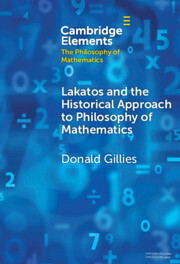Science always has occupied a special niche in society because of its perceived and proven truth value, which comes from its ostensibly unbiased, rigorous, accurate, precise, dispassionate, and metaphysical nature. After all, isn't science practiced in laboratories and universities quite apart from the "real world," the world of opinion, supposition, business, politics, and religion? But is it? As discussed in this chapter, the answer is "no," because science, in many senses, is a social endeavor, one subject to the vagaries of personal bias, the quest for recognition and funding, peer and social pressure, and tradition. Science may indeed be special relative to other endeavors, but this does not mean that its product – knowledge – should be accepted without question. Science can be wrong, but only temporarily, as it is a self-correcting enterprise that, in light of continual hypothesis testing, eventually fixes its own errors.
